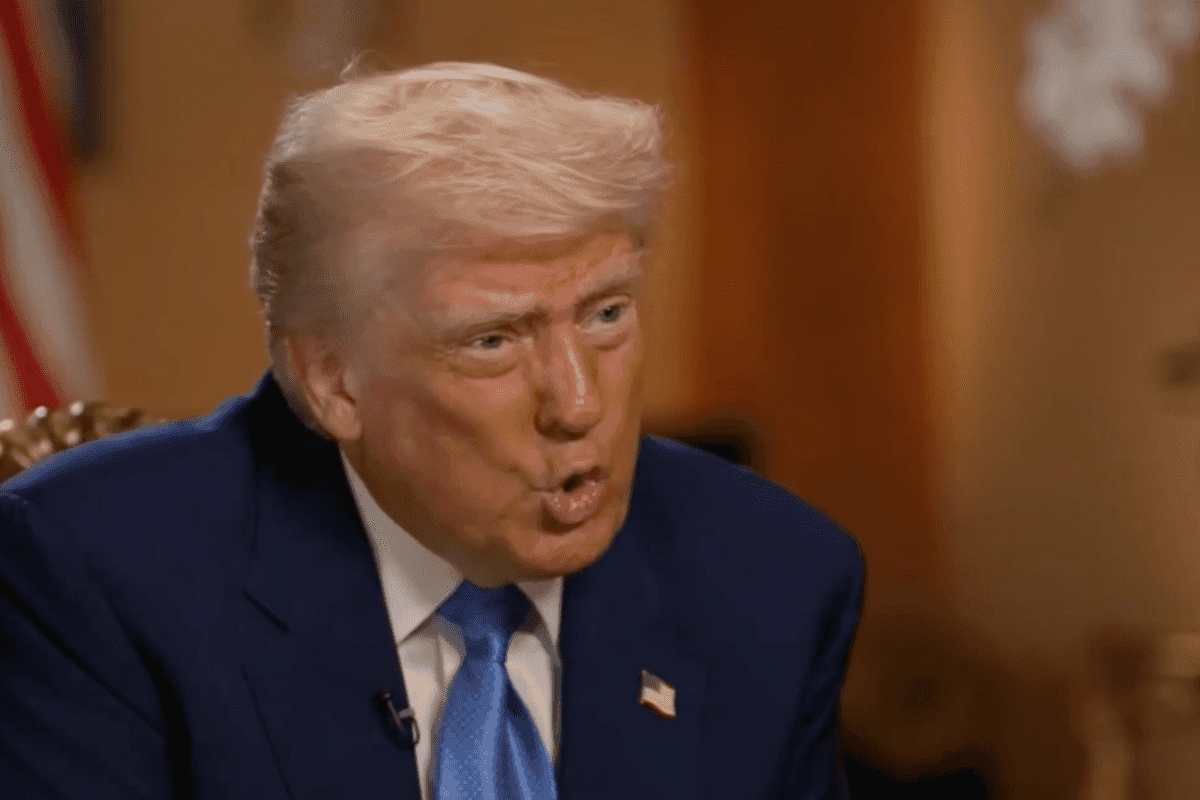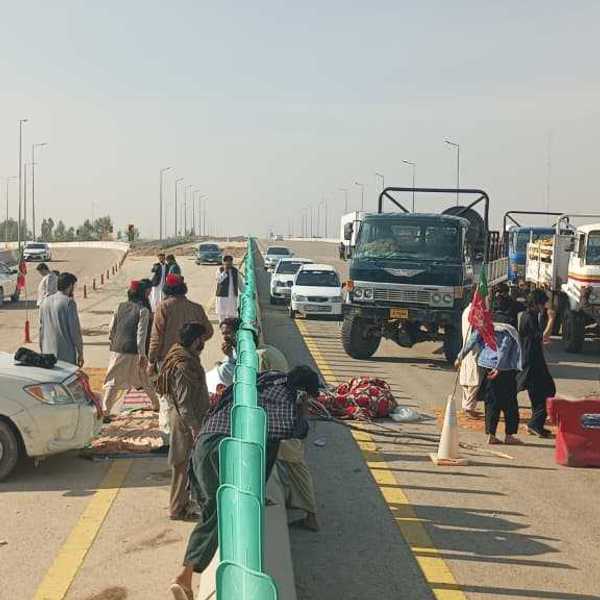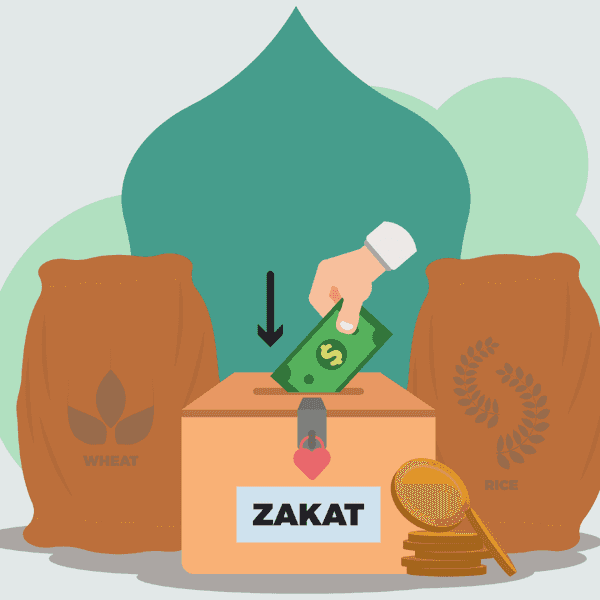News Desk
The News Desk provides timely and factual coverage of national and international events, with an emphasis on accuracy and clarity.

Screengrab of US President Trump during interview with Fox News aired on 16 May, 2025.
Fox News
U.S. President Donald Trump has said that his intervention during a recent military standoff between India and Pakistan helped prevent what could have become a nuclear conflict, calling it “a bigger success than I’ll ever be given credit for.”
In an interview with Fox News, Trump said that during heightened tensions earlier this month, he spoke to leaders in New Delhi and Islamabad as both sides engaged in retaliatory airstrikes and missile exchanges.
“The hatred was great,” Trump said. “It was tit-for-tat, it was getting deeper and more missiles. So to a point where the next one's going to be — you know what? The N word. You know the N word is, right?” he added, referring to nuclear war. “That’s the worst thing that can happen.”
Tensions reignited after an April 22 attack in Indian-administered Kashmir killed 26 tourists. India blamed Pakistan-based militants for the assault and launched a series of air and missile strikes across the Line of Control, including in areas of Pakistan-administered Kashmir. Islamabad denied any involvement.
With both sides escalating the conflict through drone activity and air raids, Trump said it took American intervention to de-escalate the situation. On May 10, he announced that India and Pakistan had agreed to a ceasefire.
“So proud of what we’re able to do with India and with Pakistan,” Trump told Fox News. “We can’t forget Pakistan because it takes two to tango,” he added, calling Pakistanis “brilliant people” and noting their interest in expanding trade with the U.S.
Trade as a tool for peace
Trump said trade played a central role in his approach to diplomacy. “I’m using trade to settle scores and make peace,” he said. He claimed that India — one of the highest tariff nations — had offered to cut 100% of tariffs on U.S. goods. “That deal will come soon,” he said. However, there has been no official confirmation from the Indian government.
In April, the U.S. had imposed new tariffs on multiple countries, including a 29% tariff on Pakistani exports. Islamabad has since stated it is exploring measures to address the trade imbalance.
The U.S. president’s comments mark the third time in a week that he has emphasized the importance of trade in stabilizing South Asia. “We’re going to do a lot of trade with Pakistan and India,” Trump said, adding that he warned both sides during the standoff that if the fighting continued, “we’re not doing any trade.”
The week-long conflict had marked one of the most severe escalations between the nuclear-armed neighbors in years. Pakistan’s military confirmed that 13 service members were killed and over 75 wounded in the confrontation, while 40 civilians — including seven women and 15 children — died as a result of Indian airstrikes. Another 121 civilians were injured.
UK joins efforts to sustain fragile peace
Meanwhile, Britain has joined efforts to solidify the ceasefire. Foreign Secretary David Lammy, during a two-day visit to Islamabad, said the UK is working closely with Washington to promote confidence-building measures and dialogue between the two sides.
“We will continue to work with the United States to ensure that we get an enduring ceasefire and to work through with Pakistan and India how we can build trust,” Lammy told Reuters.
He also addressed India's April 23 suspension of the Indus Waters Treaty, a key water-sharing agreement, which could restrict Pakistan’s access to crucial water resources. “We would urge all sides to meet their treaty obligations,” Lammy said.
Pakistan's Indus Waters Commission has accused India of "massive violations" of the 1960 treaty and is preparing to pursue legal action through international forums.
Pakistani officials say both the U.S. and UK played key roles in defusing the conflict. However, diplomats and analysts caution that the ceasefire remains fragile as underlying tensions persist.







Comments
See what people are discussing